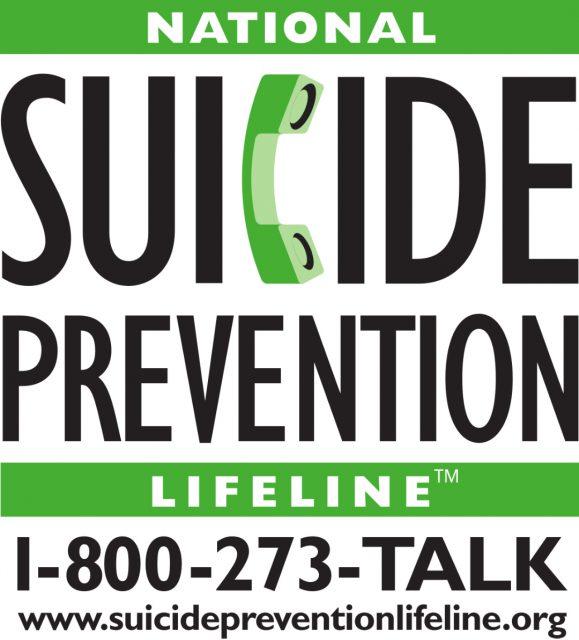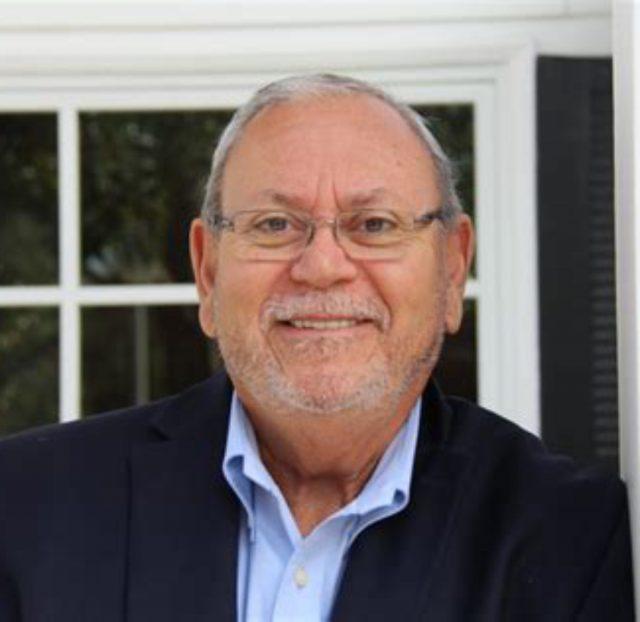Information session at NE offers five-steps to assist
Being educated about suicide is important because it saves lives, a counselor told students Sept. 14 on NE Campus.
In the midst of Suicide Prevention month, Masika Smith emphasized that counseling services, including academic counselors, on all campuses are equipped to help with personal matters.
“The more we know, the more we learn, and the more we are empowered,” she said.
Smith has a master’s degree in counseling from the University of North Texas and said she has years of experience in crisis counseling.
“It’s time to break the stigma, and until we take a closer look at the problem, it’s easy to minimize it,” she said.
Suicide is something that affects us as a nation, Smith said. It’s the second leading cause of death among people ages 15 to 34.
NE counselor Robin Copeland said it’s important to have these talks “to get students into the habit of feeling comfortable” about sharing any suicidal thoughts.
Suicidal people are afraid to ask for help in fear of being a burden to their loved ones. Asking if they are okay is the first step for them in realizing they don’t have to go through this alone, Smith said.
It’s important to have more mental health centers available, since people don’t want to burden their families with their troubles, NE student Kendra Caceres said.
Smith said people can still be successful despite having these thoughts, and that it’s a noble intention to help someone with suicidal thoughts, but it’s not up to you to save their life.
“Practice saying it,” she said. “The more you say it, the easier it will be to ask someone if they need help. When we end suicide, we can save 40,000 lives.”
— Madison Bailey
SE counselor discusses silent epidemic of suicide
Suicide is the second-leading cause of death among 10-to-34-year-olds. This was just one of the facts provided by SE counselor Michele Faith during her Silent Epidemic of Suicide workshop Sept. 12 on SE Campus.
The workshop included risk factors like history of child abuse, previous suicidal attempts, history of mental disorders, history of alcohol or substance abuse and loss, according to the Centers for Disease Control.
Faith told a story about a woman she counseled who had lost her son to suicide.
“I had already done depression and anxiety and stress management, but it was time to really get this going,” she said.
Another risk factor, according to the CDC, is feelings of hopelessness.
“Two years ago, I was young … I had a goal and it wasn’t happening, so I thought ‘Why am I here?’,” SE student Wasan Hassan said about her past suicide attempt.
Faith said she has been providing this workshop for over 10 years.
“Talking openly about suicide is one of the most helpful things you can do,” she said. “They [people who contemplate suicide] keep things bottled up.”
SE student Seror Sabeeh said she initially came to the workshop for extra credit but left enlightened.
“My sister is bullied, so when she’s crying at home, I know to ask her questions,” she said.
Suicide is the most preventable cause of death, Faith said.
“The more we know about the facts, risk factors and warning signs, the faster we can get someone help,” she said.
— Elyssa Gideon
NE workshop educates audience on risk factors
Suicide has become a more common occurrence in U.S. college students, said NE counselor Masika Smith Sept. 13.
“According to the American College Health Association, six percent of all undergrad students have strongly considered suicide, and half of them never told anyone,” she said.
Smith interviewed 20 NE students and of them, 17 said one of their friends and/or acquaintances had come to them with thoughts of suicide.
“But how can you tell someone is in need, and what can you do to help someone who is strongly considering suicide?” Smith asked the group.
She informed students about ways to identify suicide risks in others, such as someone feeling like they don’t have a purpose. Smith laid out a five-step program to help those struggling with thoughts of suicide — ask them if they’re OK, keep the person safe, always remind them they are not alone, help them connect and always follow up with them.
Smith said students can continue to work together to overcome their stresses of college and after.
“Everyone matters,” Smith said.
— Daniel Castellanos
Anyone experiencing suicidal thoughts or knows of someone who is can contact:
My Health My Resources (MHMR)
24/7 ICARE Call Center*
1-800-866-2465
Call or text
817-335-3022
24/7 The National Suicide
Prevention Lifeline
1-800-273-TALK (8255)
www.suicidepreventionlifeline.org
*The second-largest community center in Texas


































